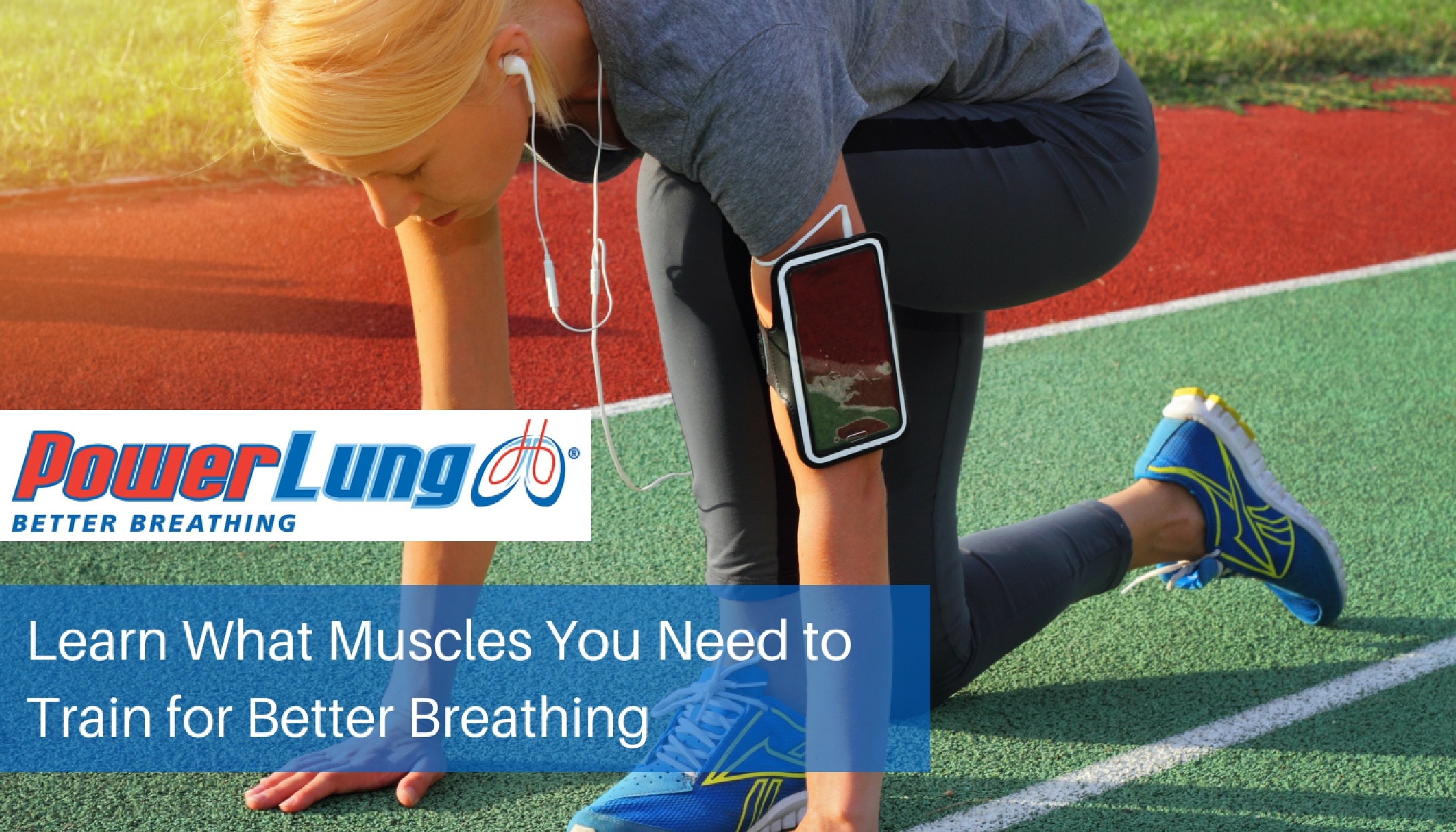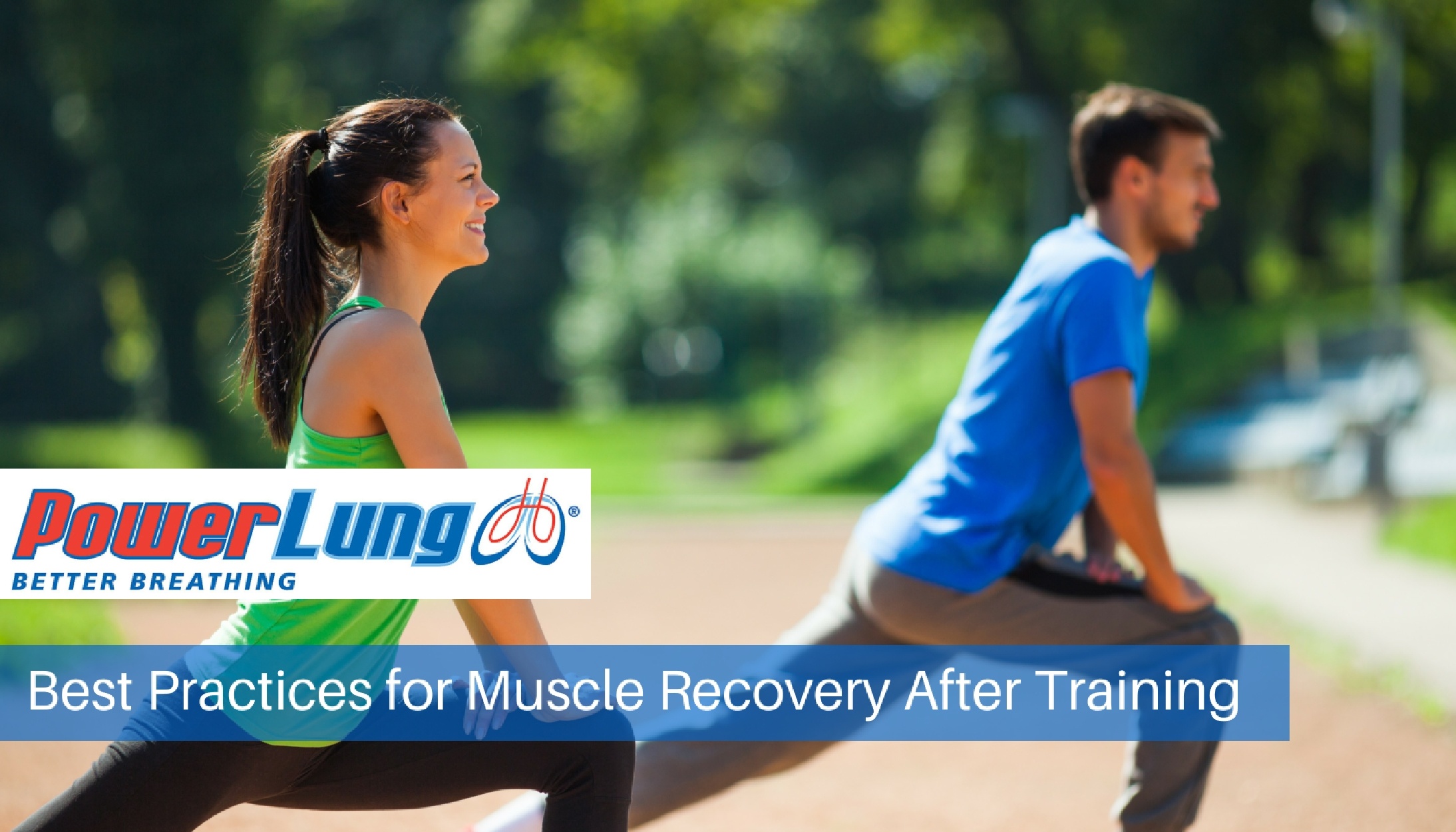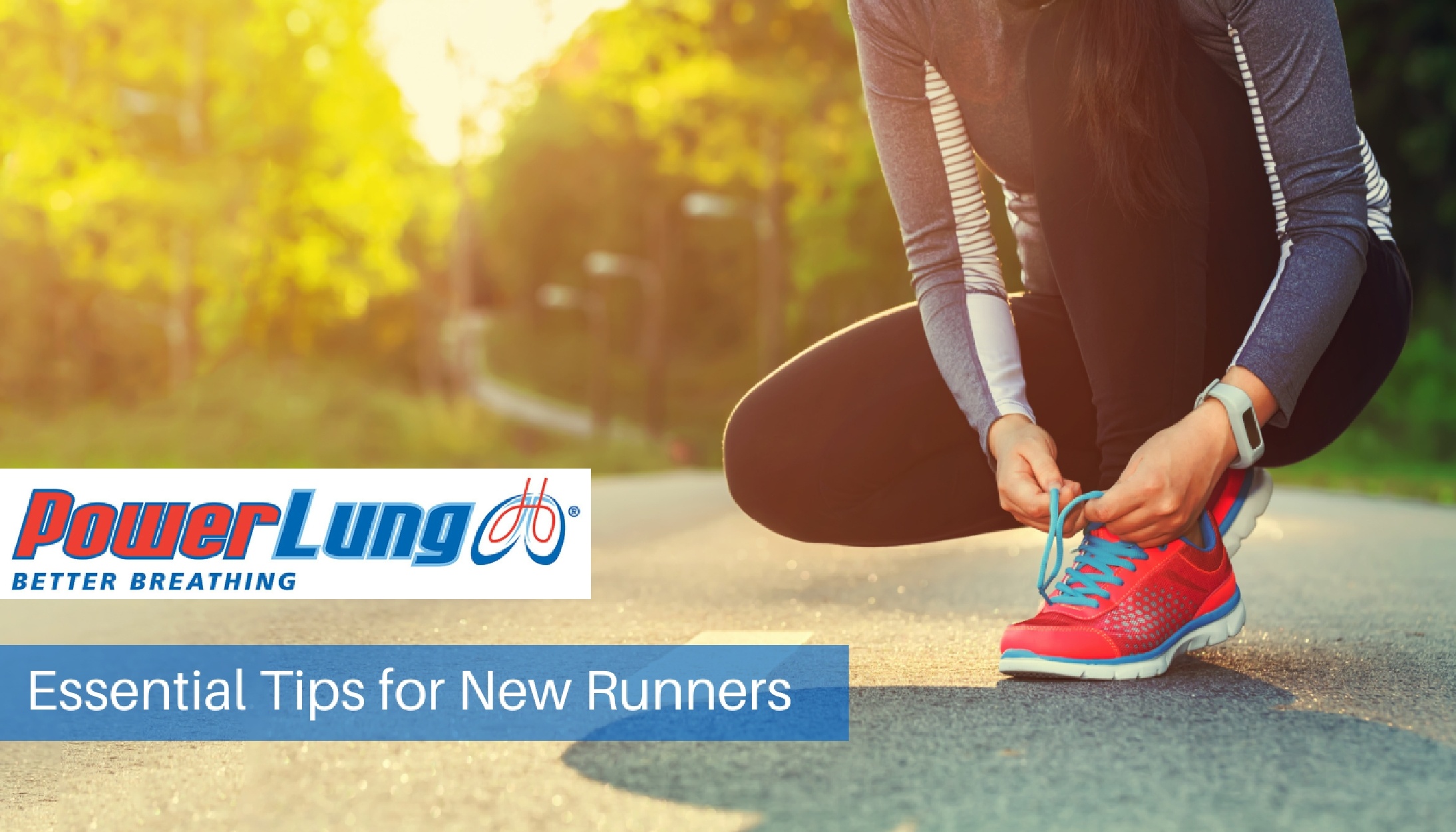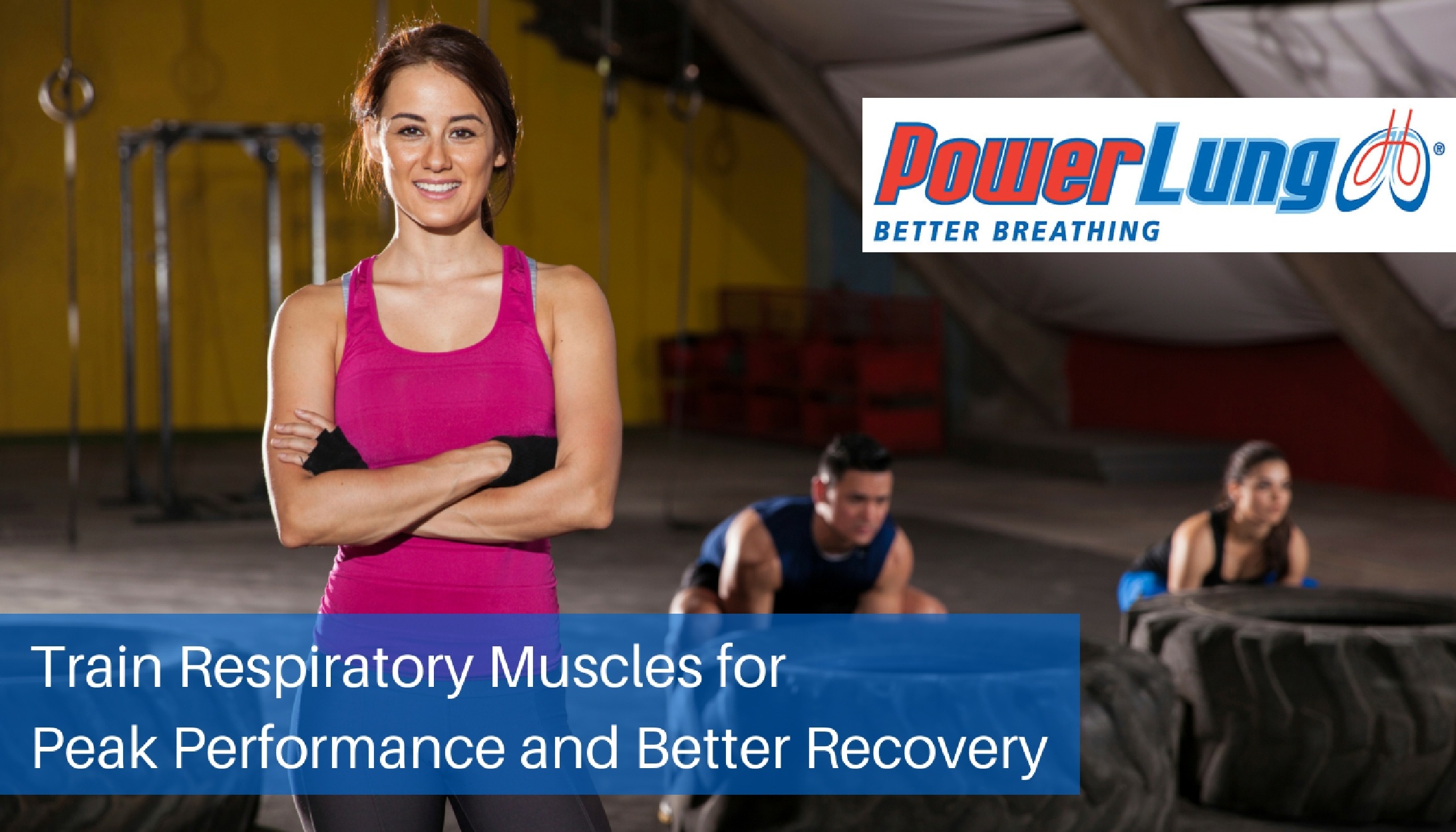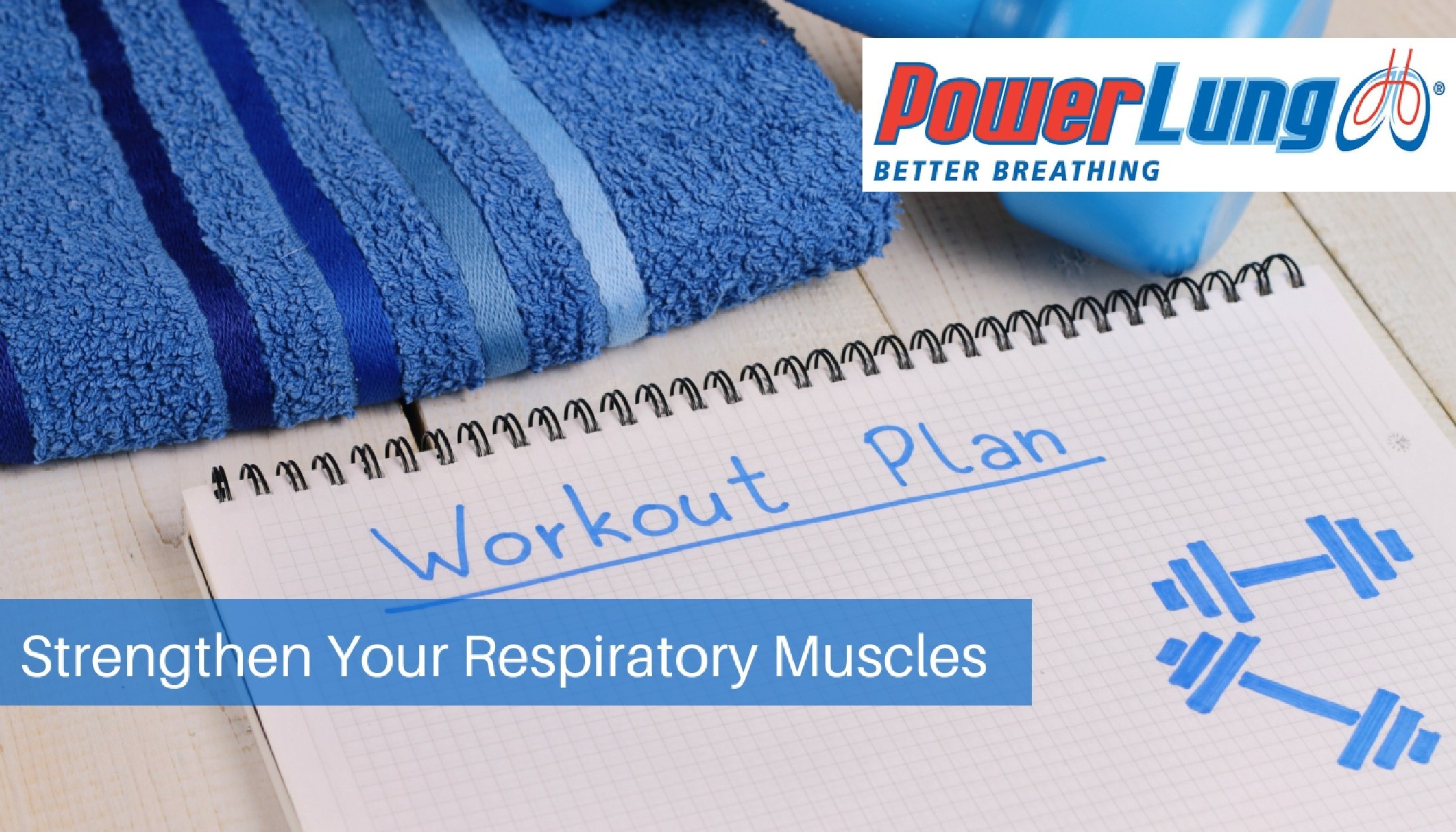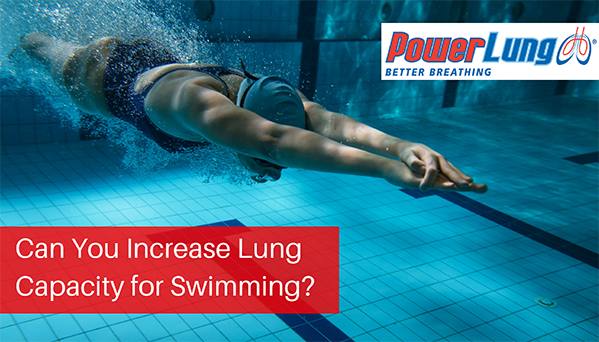The sport of running, specifically for entering races, has grown a lot in the last 10 years, but many of the established races (like the Boston or Chicago Marathons) are intimidating for new runners. However, there are plenty of small or themed races which provide a more relaxed, less competitive atmosphere for those just breaking into the race scene. These 5 races offer some of the most fun and rewarding experiences, combined with beautiful scenery and/or unique venues to mix racing with leisure activities.
Read More
Topics:
Triathletes,
Running,
Athletes,
Health and Fitness

It has long been touted that exercise improves brain function, and this concept has been used widely to support a recent drive to increase physical activity and save recess in schools. However, the benefits go well beyond school age years, and evidence supports the importance of regular physical exercise throughout life. It is a universally accepted understanding that regular exercise is good for the body. However, more and more research is being released showing the benefits to the brain as well. If you are considering starting an exercise regimen, training for a sporting event, or simply want to improve your health, here is some interesting science behind the connection, and a few of the useful facts about regular physical exercise and mental improvement:
Read More
Topics:
Better Breathing,
Training,
Running,
Athletes,
Swimming,
Active Aging,
Health and Fitness,
Track and Field,
Scuba Diving,
Cycling,
Yoga
It is commonly understood that using Respiratory Muscle Training (RMT), a series of exercises and breathing techniques to increase strength and endurance of respiratory muscles, will improve breathing (and subsequently, respiration) during periods of exercise. However, understanding the science behind RMT is important to better utilize the techniques to benefit respiration and endurance.
Read More
Topics:
Better Breathing,
Training,
Triathletes,
Running,
Athletes,
Swimming,
Coaches,
Health and Fitness,
Track and Field,
Scuba Diving,
Cycling,
Mountain Biking,
Soccer,
Rowing,
Hockey,
Crossfit,
Competitive Swimming,
Yoga,
Diving
You are working hard, maintaining a tough training schedule and feeling good about it, but the soreness is starting to affect you. Your first thought may be to simply back off what you are doing, or quit altogether, but that’s not the answer. There are ways to minimize soreness and improve recovery so you can maintain your training regimen.
Read More
Topics:
Training,
Triathletes,
Running,
Athletes,
Swimming,
Track and Field,
Scuba Diving,
Cycling,
Mountain Biking,
Soccer,
Rowing,
Hockey,
Crossfit,
Competitive Swimming,
Yoga,
Diving
There has been an increased interest in running in the past few years, with new athletes of all shapes and sizes taking to the road. And why not? Running is a wonderful way to get outside, exercise, meet new people, and enjoy the great outdoors (not to mention some gorgeous sunrises and sunsets). No matter when or where you decide to take up running, here are some tips to make your experience rewarding.
Read More
Topics:
Triathletes,
Running,
Athletes
As elite athletes, you are considered the best in your sport, and the public assumes you train every part of the body required for your sport. When you walk up to the starting line, put on that helmet, even step into those skis, do you have the biggest engine under your proverbial hood? Do you know that the strength of your respiratory system can make or break your performance? A trained respiratory system is likened to having a big engine under the hood; with the ability draw in more fuel (oxygen), your output (performance) increases. It is crucial to train and strengthen it so you can perform at your best.
Read More
Topics:
Training,
Triathletes,
Athletes,
Crossfit
Amid all your exercise and training plans, can you add one more thing to your plate? Respiratory muscle training (RMT) is one skill you may be considering. However, is it worth the effort, both in increasing performance and for an easier recovery?
You may think your training regimen covers all aspects of your conditioning needs, that it is not necessary to concentrate on your breathing ability. However, the fact remains: respiratory muscle fatigue during exercise can limit performance.
Read More
Topics:
Better Breathing,
Training,
Athletes,
Health and Fitness
Athletes, professional and amateur alike, think about training their heart, legs, back, and anything else related to their sport. However, rarely do people ponder training their lungs. There is a direct link between fatigued breathing and reduced performance (weakness) in your legs or other muscles needed to compete in any given sport. The bottom line is that when you breathe better, you provide more oxygen to your muscles, thereby improving your athletic performance.
Read More
Topics:
Training,
Triathletes,
Running,
Athletes,
Swimming,
Musicians and Vocalists,
Health and Fitness,
Track and Field,
Scuba Diving,
Cycling,
Mountain Biking,
Soccer,
Rowing,
Hockey,
Crossfit,
Competitive Swimming
Swimming requires a high level of endurance. It has become common to say the way to raise endurance levels is by increasing lung capacity. We’ll go into why this is confusing. But, the general idea behind this advice is true; to increase endurance you need in increase the efficiency of your breathing. This means using less energy to breathe and breathing in and out more air when you do.
Read More
Topics:
Triathletes,
Athletes,
Swimming,
Competitive Swimming
The body’s demand for oxygen increases during exercise, necessitating a boost in breathing volume and requiring various muscles around the lungs to contract in coordination. As the intensity of the exercise rises, these respiratory muscles have to contract with increased force and rapidity to keep up with the rise in the body’s metabolism. This vital role of the respiratory muscles has generated much interest in the relationship between respiratory muscle fitness and ‘whole-body’ exercise capacity.
Read More
Topics:
Athletes,
Cycling



